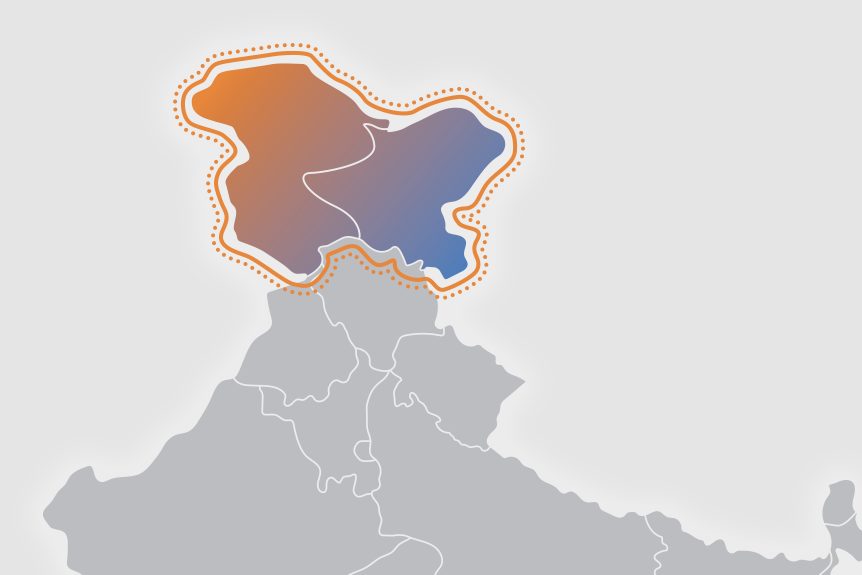Today the Government of India took a decisive step towards a solution to the decades-old conflict over Kashmir, by abrogating Articles 370 and 35A to India’s constitution that conferred special status on the state of Jammu and Kashmir.
Reacting to the move by the Modi government, HAF Managing Director Samir Kalra stated:
“As a secular pluralistic democracy, it is vital that all citizens of India enjoy the same rights and are subject to the same laws, regardless of where in the country they reside. We believe that the abrogation of Articles 370 and 35A, which were only intended as temporary provisions, is an important step in this direction. It will help better integrate the residents of Jammu, Kashmir, and Ladakh into the rest of India and apply one set of equal laws across the country. Moreover, it will help create conditions for the full rehabilitation and resettlement of the Kashmiri Pandits in the Kashmir Valley.”
“We urge the U.S. to fully support India’s internal sovereign decisions on Kashmir and to continue to exert pressure on Pakistan to end its support of cross-border terrorism, so that peace is restored in Kashmir once and for all,” Kalra added.
Article 370 restricted the Indian Parliament’s legislative power over Jammu and Kashmir to defense, foreign affairs, and communications, forcing residents of Jammu and Kashmir to live under a separate set of laws that prevented them from enjoying the same rights as other Indian citizens.
Similarly, Article 35A defined who were permanent residents of the state and determined who could buy property in the state and enjoy other special rights and privileges. It effectively discriminated against Kashmiri Hindu Pandits, who had been ethnically cleansed from the state in 1989-1990 and were no longer permanent residents. It also discriminated against women who married individuals from outside the state, by denying their spouses permanent resident status in Jammu and Kashmir.
India’s central government also took further steps to address long-standing issues in the state of Jammu and Kashmir by splitting up the current state into two so-called Union Territories: one for Ladakh, and one for Jammu and Kashmir itself. Buddhist leaders in Ladakh had long called for separate Union Territory status for Ladakh and complained of being socially and economically marginalized by state policies that favored the Kashmir Valley.
Read more from HAF on gun safety reform:
Congress Must Act for Welfare of All Americans: Enact Common Sense Gun Legislation
Gun Control: Balancing Ahimsa and Self-Defense






































